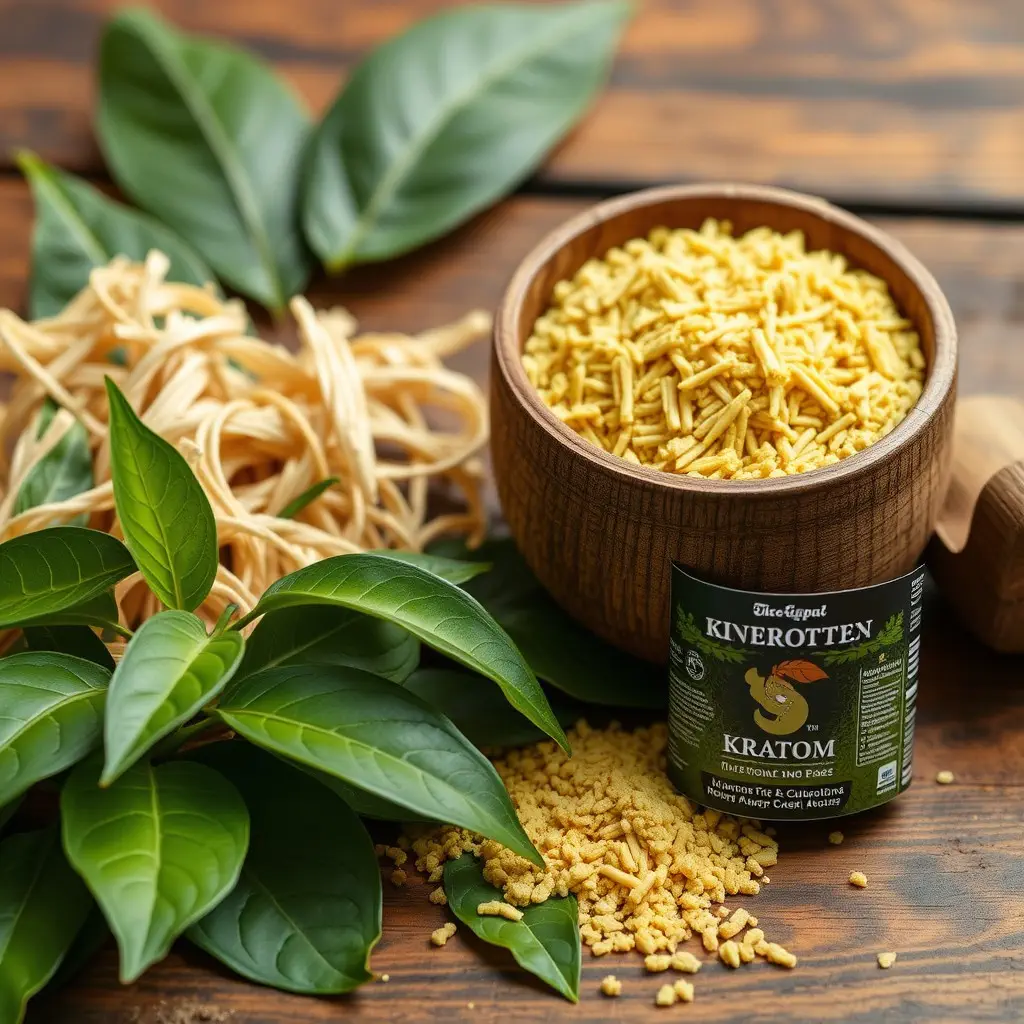Muscle soreness, especially delayed onset muscle soreness (DOMS), is common among athletes and active individuals, with factors like exercise intensity and recovery periods contributing. Kratom, a natural herb derived from Mitragyna speciosa, has gained attention as a pain reliever for muscle soreness due to its analgesic properties. While the US Army doesn't currently test for kratom in their drug screening, as there are no specific regulations, this may change with growing awareness of natural remedies. Service members interested in using kratom for muscle discomfort should exercise caution and stay informed about potential future testing policies.
“Experience nagging muscle soreness? You’re not alone. It’s a common issue faced by athletes and everyday individuals alike. This article delves into effective solutions, spotlighting Kratom as an emerging option. We explore its potential benefits in alleviating muscle pain, particularly relevant in high-performance settings like the military. With ‘does the army test for kratom’ on many minds, we provide a comprehensive overview, ensuring you’re informed about both the science and current testing protocols surrounding this natural remedy.”
- Understanding Muscle Soreness and Its Causes
- Exploring Kratom as a Potential Relief Option
- Does the Army Test for Kratom? An Overview
Understanding Muscle Soreness and Its Causes
Muscle soreness is a common issue faced by athletes, fitness enthusiasts, and even everyday individuals after intense physical activity or exercise. It is characterized by a feeling of discomfort, tightness, and pain in the muscles, often described as delayed onset muscle soreness (DOMS). This condition typically peaks within 24-48 hours post-exercise and can last for several days.
There are various factors that contribute to muscle soreness, including exercise intensity, duration, type of activity, and inadequate recovery periods. Overheating, improper form during exercises, or sudden increases in training volume can all trigger muscle damage and subsequent inflammation, leading to the sensation of pain and stiffness. Interestingly, even military training programs, as evidenced by occasional does the army test for kratom discussions, consider natural remedies like kratom for managing muscle soreness alongside traditional recovery methods.
Exploring Kratom as a Potential Relief Option
Kratom, derived from the tropical plant Mitragyna speciosa, has gained attention as a potential natural remedy for muscle soreness and pain relief. While it is widely used in certain cultures for its analgesic properties, recent interest has sparked curiosity among individuals seeking alternative solutions, including those who wonder, “Does the army test for kratom?” This is especially relevant given the military’s stringent fitness standards and focus on maintaining peak physical condition.
The allure of kratom as a muscle soreness reliever lies in its unique chemical composition, containing alkaloids like mitragynine that interact with opioid receptors in the body. This interaction may contribute to its pain-relieving effects, offering a possible solution for service members facing chronic muscle discomfort or post-workout soreness. However, it’s essential to approach this natural remedy with caution and further research, as the scientific community continues to explore its full potential and safety in various contexts, including military applications.
Does the Army Test for Kratom? An Overview
The US Army, like many other branches of the military, has strict drug testing policies in place to ensure the well-being and performance of its service members. Kratom, a natural herb with pain-relieving and muscle-relaxing properties, has gained popularity among civilians for its potential benefits in managing soreness and inflammation. However, when it comes to military use, understanding if and how the Army tests for kratom is essential.
Currently, there is no specific regulation stating that the Army routinely tests for kratom. The focus of their drug testing programs tends to be on performance-enhancing drugs and substances known to impair duties. Yet, with growing awareness of natural remedies and the potential for off-label use, it’s possible that some military personnel might use kratom, leading to its inclusion in future comprehensive drug screening panels.
Kratom has emerged as a promising natural remedy for muscle soreness, offering a safe and effective alternative to traditional painkillers. While military organizations like the Army have implemented testing policies for substances including kratom, understanding its role in alleviating discomfort is crucial. Further research and open dialogue are necessary to ensure soldiers have access to evidence-based solutions that enhance their well-being without compromising mission readiness.





